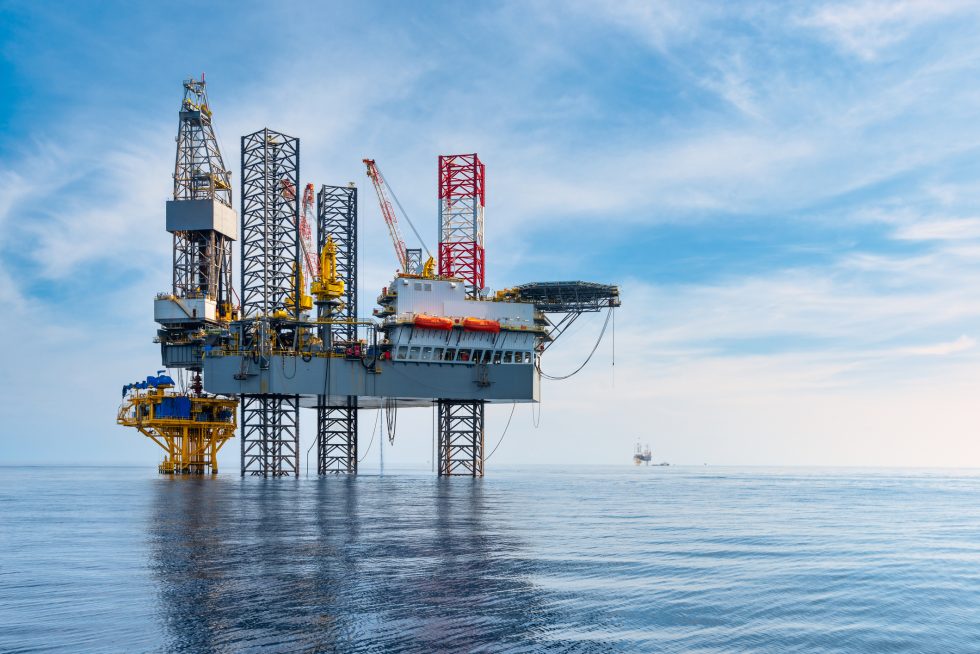It's tempting to consider these stranding mechanisms in terms of trying to identify which of them will be decisive. But all of them can—and in fact are—acting in parallel. And if we want to reach our climate goals, they'll have to act much more quickly than they have been.
STRANDED —
Why our continued use of fossil fuels is creating a financial time bomb
We're investing in things that will have little value if we move off fossil fuels.

"The numbers are startling. We know roughly how much more carbon dioxide we can put into the atmosphere before we exceed our climate goals—limiting warming to 1.5° to 2° C above preindustrial temperatures. From that, we can figure out how much more fossil fuel we can burn before we emit that much carbon dioxide. But when you compare those numbers with our known fossil fuel reserves, things get jaw-dropping.
To reach our climate goals, we'll need to leave a third of the oil, half of the natural gas, and nearly all the coal we're aware of sitting in the ground, unused.
Yet we have—and are still building—infrastructure that is predicated on burning far more than that: mines, oil and gas wells, refineries, and the distribution networks that get all those products to market; power plants, cars, trains, boats, and airplanes that use the fuels. If we're to reach our climate goals, some of those things will have to be intentionally shut down and left to sit idle before they can deliver a return on the money they cost to produce.
But it's not just physical capital that will cause problems if we decide to get serious about addressing climate change.
> We have workers who are trained to use all of the idled hardware, companies that treat the fuel reserves and hardware as an asset on their balance sheets, and various contracts that dictate that the reserves can be exploited.
Collectively, you can think of all of these things as assets—assets that, if we were to get serious about climate change, would see their value drop to zero. At that point, they'd be termed "stranded assets," and their stranding has the potential to unleash economic chaos on the world.
[. ] Technological changes can also make a product obsolete, stranding all the infrastructure used to make, sell, and service it.

Technological changes can also make a product obsolete, stranding all the infrastructure used to make, sell, and service it.

All of the people we talked to noted that these sorts of strandings are a normal part of capitalism. And they definitely apply to fossil fuels, as people have started to seek out cleaner alternatives and renewable technologies undercut them in price.
But there's an added risk here: policy interventions by governments. Already, various governments have put a price on carbon emissions, launched carbon trading systems, and taken other actions to either discourage the use of fossil fuels or encourage the use of cleaner alternatives. (Of course, many of them have done that at the same time that they pursued other policies that promoted fossil fuel use.)
It's tempting to consider these stranding mechanisms in terms of trying to identify which of them will be decisive. But all of them can—and in fact are—acting in parallel. And if we want to reach our climate goals, they'll have to act much more quickly than they have been.
But there's an added risk here: policy interventions by governments. Already, various governments have put a price on carbon emissions, launched carbon trading systems, and taken other actions to either discourage the use of fossil fuels or encourage the use of cleaner alternatives. (Of course, many of them have done that at the same time that they pursued other policies that promoted fossil fuel use.)
It's tempting to consider these stranding mechanisms in terms of trying to identify which of them will be decisive. But all of them can—and in fact are—acting in parallel. And if we want to reach our climate goals, they'll have to act much more quickly than they have been. . ."
READ the entire article by Go here >> https://arstechnica.com/science/2022/05/why-our-continued-use-of-fossil-fuels-is-creating-a-financial-time-bomb/


No comments:
Post a Comment